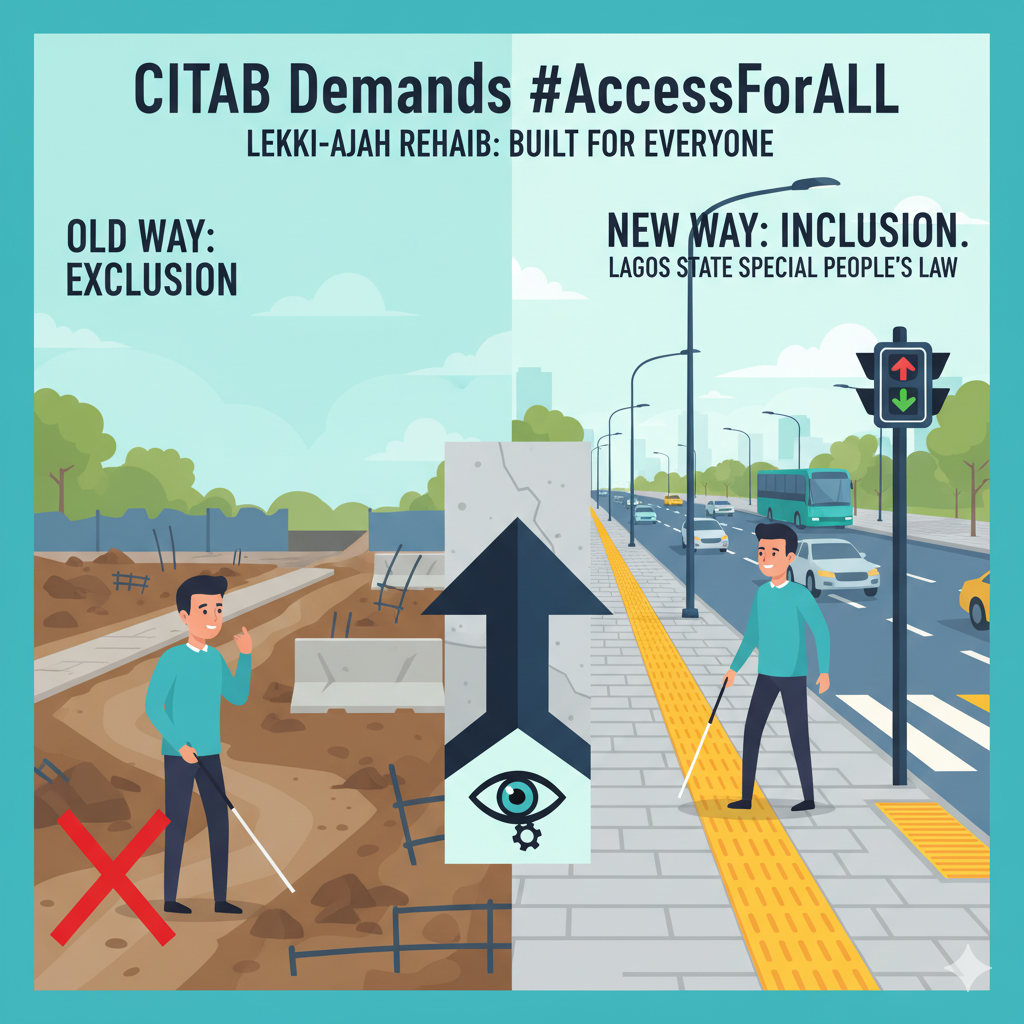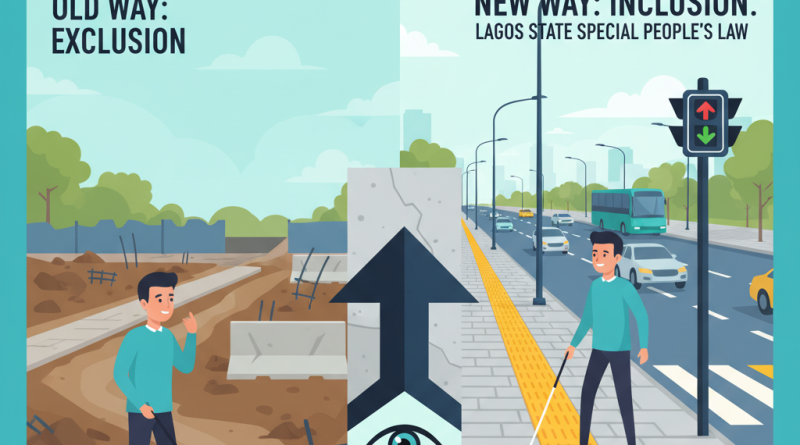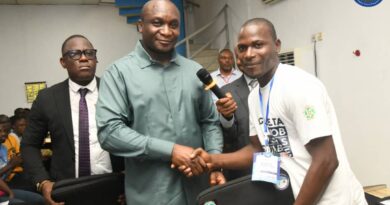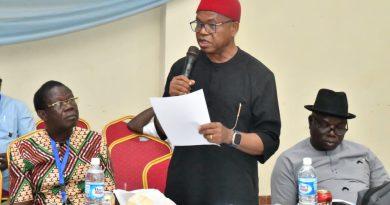Lekki-Ajah Road Rehabilitation: CITAB Demands End To Government’s Blind Spot On Accessibility

The Centre for Infrastructural and Technological Advancement for the Blind (CITAB) has demanded that the Lagos State Government abandon its persistent pattern of neglect and make the Lekki-Ajah road rehabilitation project a benchmark for true accessibility and inclusion.
This was stated in a press release issued in Lagos today and signed by CITAB’s Executive Chairman, Jolomi George Fenemigho, who noted with concern that the interests of the visually impaired and the broader disability community continue to be swept aside in major public infrastructure projects.
According to Fenemigho, “The Lagos State Government has had ample time and legal obligation to make public spaces and buildings accessible to all. The five-year transitional window set by the Lagos State Special People’s Law of 2011 has since expired, yet the state appears content to pretend that providing basic accessible features is optional rather than mandatory. This persistent foot-dragging keeps persons with disabilities trapped on the sidelines of society.”
CITAB pointed out that the ongoing Lekki-Ajah corridor repair is simply the latest example in a long line of projects where persons with disabilities are told to wait a little longer for facilities the law already guarantees them.
Fenemigho stressed:
“It is high time the Lagos State Government stops offering excuses and actually delivers on its legal responsibilities. We demand that the government ensures the following measures are immediately put in place.
Permanent, standardised tactile paving on sidewalks, bus stops, and pedestrian crossings, so blind pedestrians can move safely and independently.
Installation of audible and vibro-tactile pedestrian signals at all major intersections, ensuring safety is not reserved for those who can see.
The rights of disabled persons are not handouts or favours, but hard-won protections under the Lagos State Special People’s Law. Section 24(1) entitles persons with disabilities to access all public spaces, including roads and walkways. Section 24(5) made it clear that existing public spaces had to be upgraded years ago. To continue ignoring these provisions is to turn the spirit and letter of the law into little more than window dressing.”
CITAB insists that the government must stop shifting responsibility and implement these accessibility features as a matter of urgency and principle—not public relations.
He added, “Keeping us out from public infrastructure is a kind of silent exclusion. The Lekki-Ajah road is not meant to be another government showpiece built on the backs of the forgotten. It must become a monument to inclusion, or else stand forever as a reminder of neglect.”
CITAB further called on all disability rights groups, advocates, and members of the public to unite in holding the Lagos government accountable, stating that the time has come to move beyond endless talk and actually deliver the inclusive city that the law—and justice—demands.




